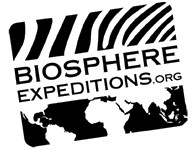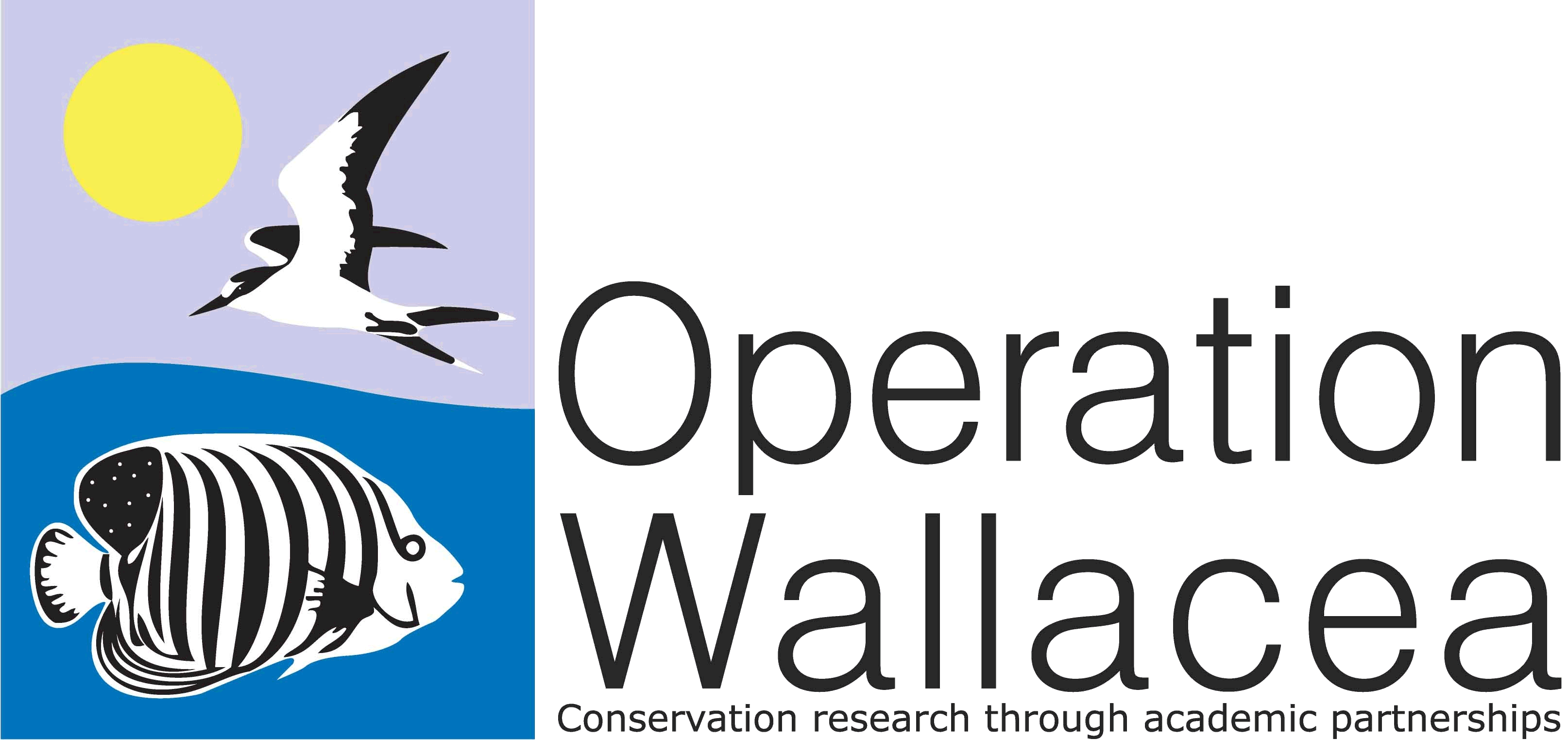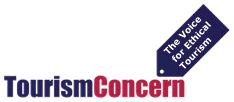Beat the charlatans with Biosphere Expeditions' top ten tips on choosing a wildlife volunteering experience
These days it is hard to find a worthwhile volunteering experience that achieves tangible benefits. The market is full of profit-driven, unscrupulous operators, which do little for local wildlife at best and are harmful to it, and local communities, at worst. These tips are for those looking to choose a citizen science vacation, wildlife conservation holiday or gap year experience that is beneficial not only to themselves, but also for the wildlife and communities that they will encounter.





